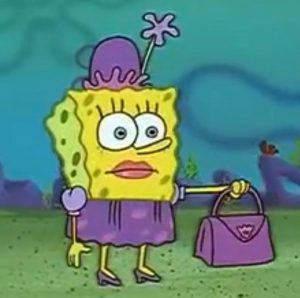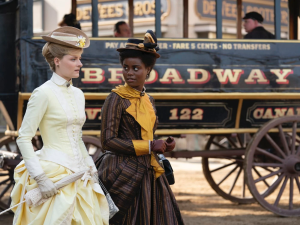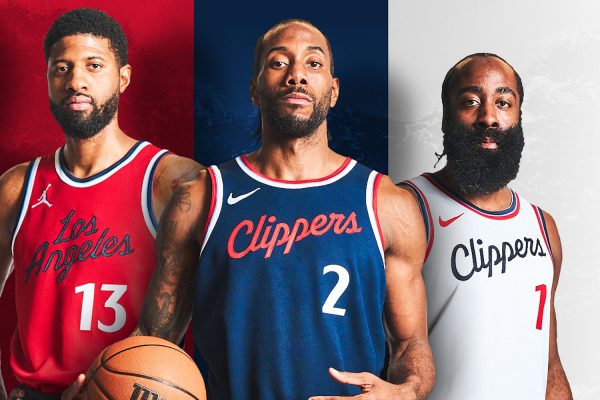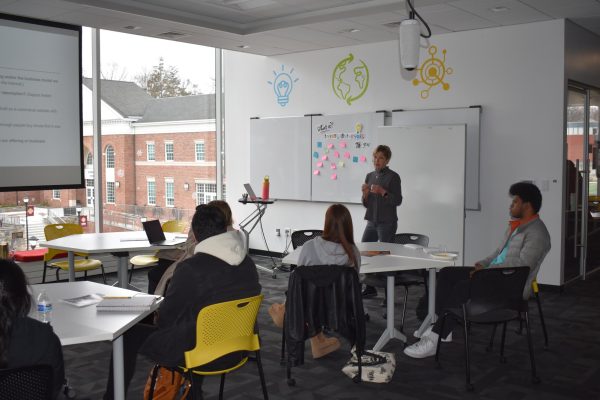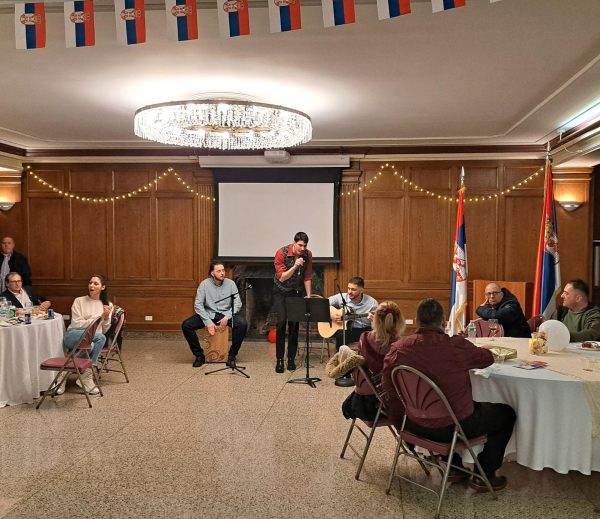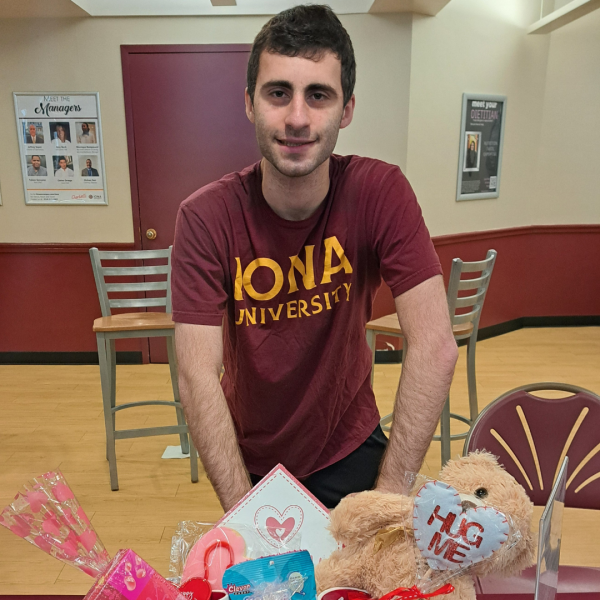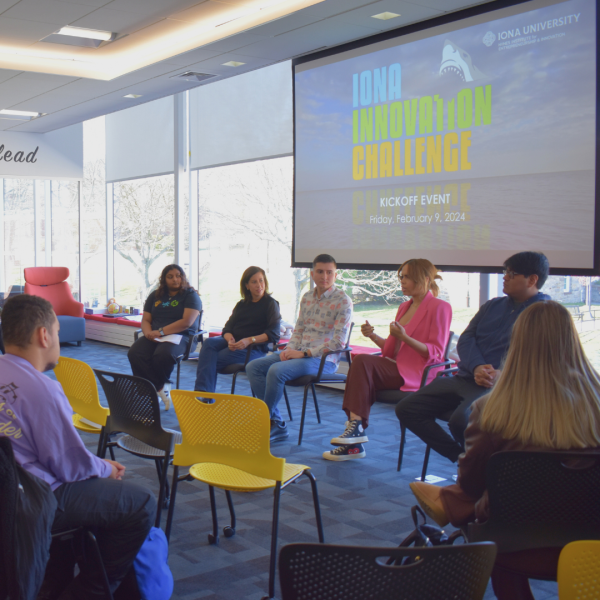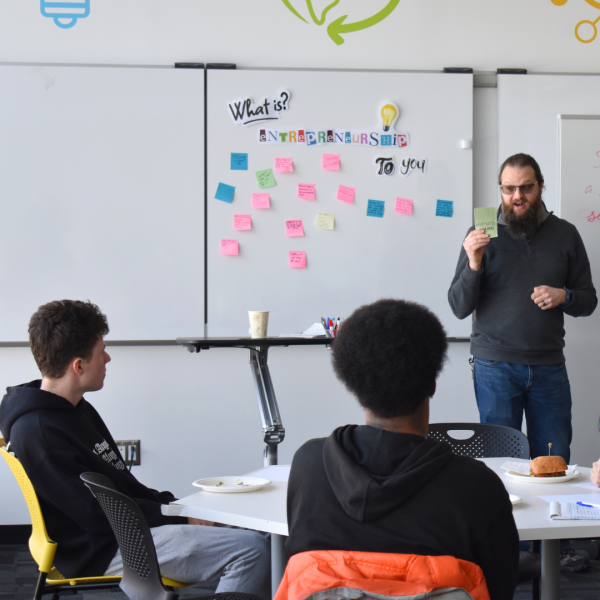Pulitzer prize-winning journalist speaks at lecture series
March 22, 2018
Jose Antonio Vargas, Pulitzer Prize-winning journalist, filmmaker and activist for immigration rights, spoke in the Murphy Auditorium on March 20 as part of the Diversity Lecture Series at Iona.
The discussion with Vargas was moderated by Mass Communications Professor Dr. Nadine Cosby.
Vargas is an undocumented immigrant in the United States. He was born in the Philippines and immigrated to the U.S. in 1993. At 12 years old, Vargas’s mother put him on a plane and sent him to live with his grandparents, who were both American citizens, according to his talk at the session.
“At school whenever I heard about illegal people, the media always said it was Mexicans, and I’m not Mexican,” Vargas said. “So I didn’t think there was a problem.”
When Vargas turned 16 and wanted to get his driver’s license, he found out that the green card his grandfather had given him was fake. His grandfather told him he could have a job that paid him under the table, but Vargas had a teacher that told him he should try journalism, so he started to explore that option.
“Journalism was never in my head, but I realized that when you become a journalist, you get a byline, so I figured if my name could be in the paper,” Vargas said. “Doesn’t that mean I exist here?”
At 30 years old, Vargas was working as a journalist for The New Yorker. While working on a profile of Facebook CEO Mark Zuckerberg, Zuckerberg asked Vargas where he was from. Up until that point, whenever Vargas was asked personal questions, he steered the conversation in a different direction. However, Vargas felt he had been carrying this guilt and felt that it was time he came clean.
“I thought lying was only hurtful to the people I was lying to,” Vargas said. “I didn’t realize lying was just as hurtful to me.”
In 2014, Vargas was arrested in Texas after he admitted to U.S. Border Patrol that he was in the country illegally. Vargas was released after eight hours due to the fact that his arrest garnered a lot of publicity because he was a well-known journalist.
Vargas’s main message to college students is to get engaged in the issue of immigration and to have uncomfortable conversations.
“I don’t believe in safe spaces,” Vargas said. “I would rather you feel challenged, unsafe and uncomfortable so that you know who you are and what your limits are because I think it makes you more a part of what we all have to live through.”
Dr. Timothy Lyle, an English professor at Iona and the chair of the Committee on Diversity, said that the committee tried to take into account the most pressing issues around equity, diversity and inclusion as well as Iona’s student body when thinking about a speaker for the lecture series.
“We thought the conversation around immigration reform and rights was particularly heated, and that folks had lots of misconceptions and also lots of passions,” Lyle said. “So we really wanted to bring those two things together in an event and we were lucky to get one of the nation’s leading voices on this topic.”
Lyle introduced Cosby and announced that she is the 2018 recipient of the Hugh J. McCabe Memorial Award for Social Justice.
At the end of the discussion, students lined up for a meet-and-greet with Vargas.
“He recognizes a lot of issues, and what seems like common sense to some is not common sense to others, but he is on the right track,” sophomore Tareowei Ogbolu said.






